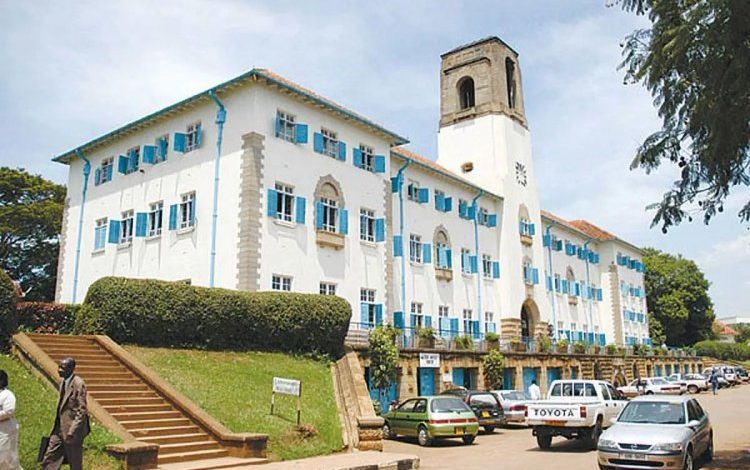Gov’t streamlines public university applications as senior six exams begin
Charles Ssentongo, Deputy Academic Registrar for undergraduate admissions at Makerere University, stated, “With this reform, PUJAB forms don’t need to be taken to the LCI chairperson.

As Senior Six candidates start their final exams today, the Government has cut red tape in the application process for public universities and tertiary institutions.
Under new reforms, students no longer need local council signatures or recommendations to apply for government-sponsored slots at public institutions. Applications can now be submitted entirely online, a change that previously only applied to privately sponsored students.
Charles Ssentongo, Deputy Academic Registrar for undergraduate admissions at Makerere University, stated, “With this reform, PUJAB forms don’t need to be taken to the LCI chairperson.
Instead, applicants simply indicate their village on the online portal.” Once applications for district quota scholarships are submitted, they’ll be forwarded to local governments for verification.
Each year, the Government offers 4,000 undergraduate scholarships at 10 public universities, with Makerere University receiving 1,388 slots and the rest distributed among institutions like Kyambogo and Mbarara University.
Most scholarships (75%) are awarded based on merit, while the remaining slots cover district quota, special needs, and sports talent categories.
Applicants can either complete their forms directly on the online application portal or download and upload an Excel sheet. Schools must register to access the portal, with an application fee of sh52,000 per student.
Re-applicants from 2023 or 2022 can apply directly or through their schools. School managers have been trained to guide students, and the deadline for submission is December 31.
This year, 142,009 students are sitting for their Uganda Advanced Certificate of Education exams in 2,634 centers, an increase of over 22% from last year. UNEB data shows that 25.1% of candidates are under the government’s UPOLET program, while the remaining 74.8% are privately sponsored.







